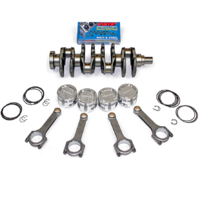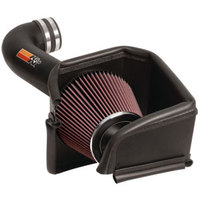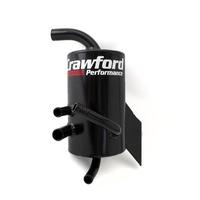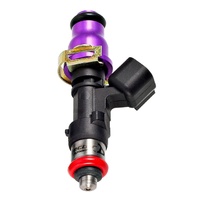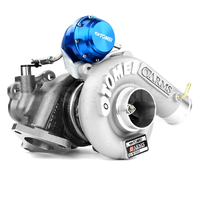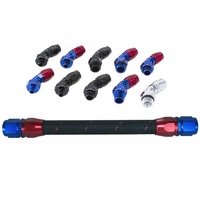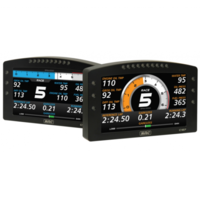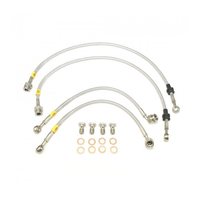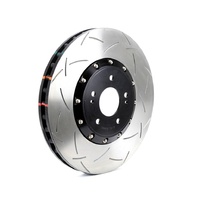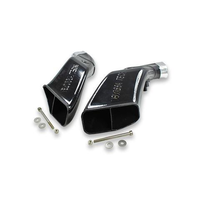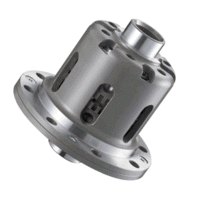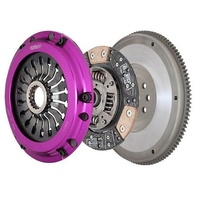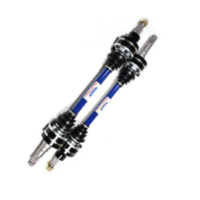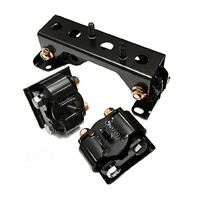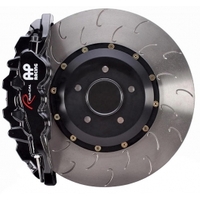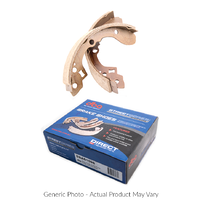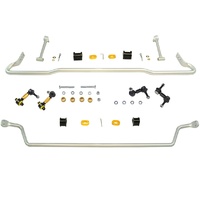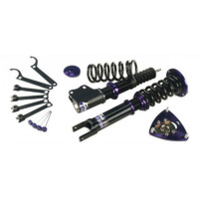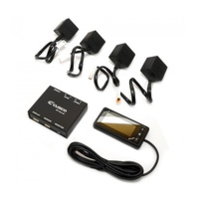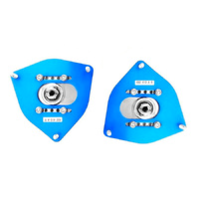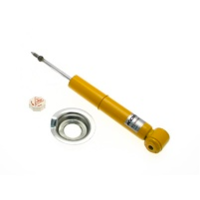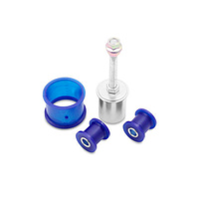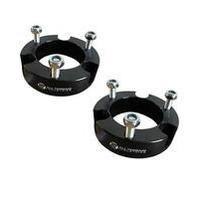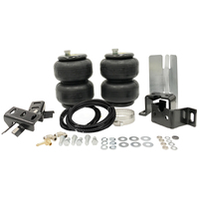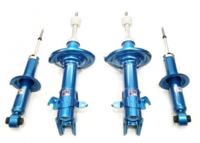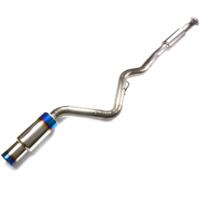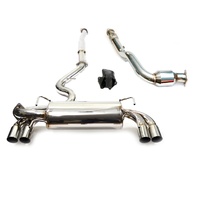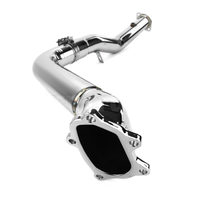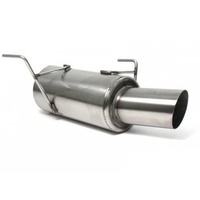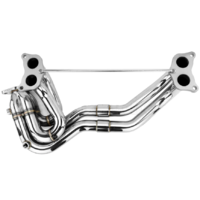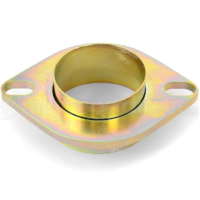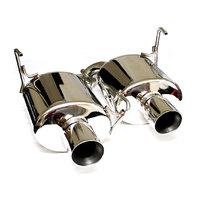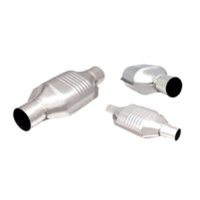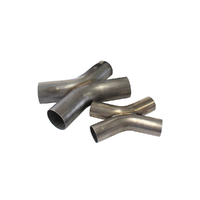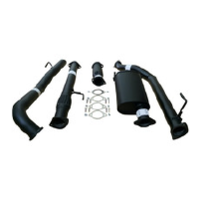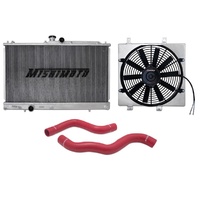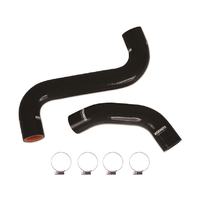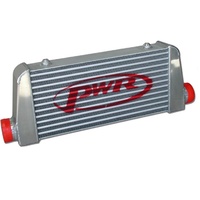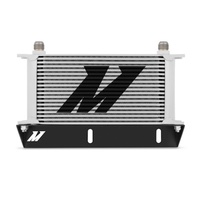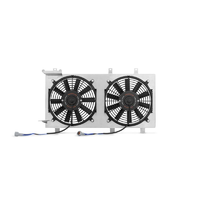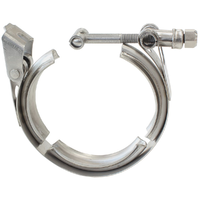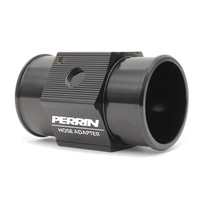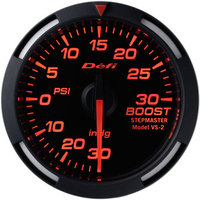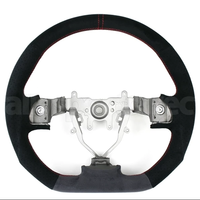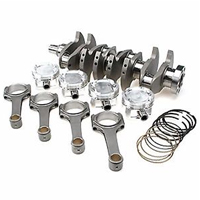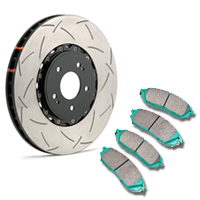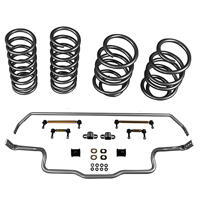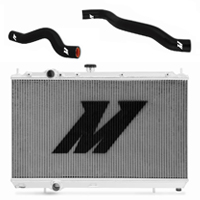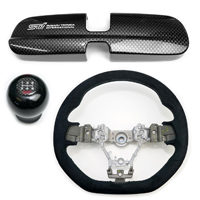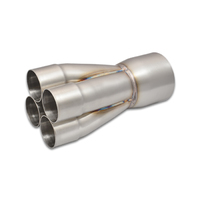Car Engine Management System
Modern vehicles rely on special sensors and other smart components to operate more efficiently. While old engines functioned, they were wasteful and more difficult to operate as well. This is because engines run best when exact operating conditions are met. Your engine creates the most power when it receives a certain amount of oxygen and fuel at a certain temperature and elevation.
All those different variables don't get accounted for in old engines, but new vehicles can consider all the extra elements during operation. The engine management system used in modern vehicles enables them to run more efficiently. Learn exactly how engine management systems work and how these impressive technological systems enable a vehicle to run more efficiently than ever before.
Engine Management Systems Explained
If you're curious about how modern engines work, you should ask yourself, "What is an engine management system and how do modern engines use them?"
An engine management system is a series of sensors, actuators, and a computer that work together to intelligently control the operation of your engine. The system's primary job is to decide how much fuel vapor to add to the engine cylinders at any given time, but the system does more than that. These systems also adjust the timing of ignition within the engine with careful precision. The ignition timing is adjusted to create smooth operating power that maintains perfect time even when driving at high speeds.
Understanding the Components of Engine Management System
An engine management system is a mixture of special sensors, actuators, and other essential components. These powerful systems only work because all the different parts function together. To understand how one of these systems works, you need to know what the different components are for and what they do. Learn about the most important parts of an engine management system and how each serves a car's engine.
Air and Temperature Sensors
Modern engines are equipped with fuel injectors that control how much fuel enters the cylinders for ignition. If too much fuel vapor is added fuel is wasted and when too little is added not enough power is generated.
Various air and temperature sensors, such as the engine coolant temperature sensor and the intake air temperature sensor work to help determine how much fuel should be added to keep ignition clean and efficient. Pressure sensors are also used to determine local weather conditions. These sensors help determine altitude, humidity, and weather changes that influence oxygen density and demand different fuel concentrations.
PCM and MAF sensors also work to determine how much air is flowing into the engine. All this data is used to control the ignition coils and fuel injectors.
Ignition Coil and Fuel Injectors
The ignition coils and fuel injectors work together to create ideal conditions for internal combustion in your engine. The ignition coil creates the spark the engine needs to ignite the fuel vapor and oxygen mixture, and the fuel injectors are responsible for getting the right amount of fuel vapor into the engine.
These components make minute adjustments based on a series of sensors on the engine itself, and they work to ensure the engine is running smoothly at all times. Spark timing is adjusted slightly, and so is the quantity of fuel vapor present during operation. These minute adjustments are essential for a modern engine to run smoothly.
The Engine Control Unit or ECU
The engine control unit or ECU is the brain of an engine management system. Without this specialized computer, the system wouldn't be able to function. The ECU takes in readings from all the different sensors, and it uses that information to give instructions to key components such as the ignition coils and the fuel injectors. Some vehicles also come equipped with superchargers or turbochargers and specialized air intake systems that also receive instructions from the ECU.
The ECU uses all its sensor readings to control key operations of the engine and make it run more efficiently. When too much or too little fuel is injected into the engine it runs much less effectively. The ECU enables the engine to avoid those problems and run properly even as temperatures, road conditions, elevation, and more change.
Engine Management Systems Enhance Fuel Efficiency
A combination of carefully developed sensors, injectors, ignition coils, and other components work to make your vehicle's engine more efficient. An engine generates more power under optimal conditions. It must have the right blend of fuel vapor and oxygen, and maintaining the best conditions for that is difficult to do. That's what all the different sensors are for. Air flow sensors, oxygen sensors in the exhaust, air pressure sensors, temperature sensors, and more all weigh in and help your engine know just how much fuel should be sent in using the injectors. The end result is a far more efficient and powerful engine. Little fuel is wasted, and steady power is produced thanks to the car engine management system.
Common Issues with Engine Management Systems
There are several things that can go wrong with a typical engine management system. If you notice your vehicle using fuel at a more rapid rate, you hear the engine running rough, or the check engine light comes on, you likely have a problem with your system.
It's important to know what systems to check, and to work with a trained professional to get your vehicle running properly once again.
If you have a problem with your engine management system you likely have one of the following problems.
- Worn or faulty spark plugs
- Loose Fuel Cap
- Faulty oxygen or MAF sensors
- A blocked-up fuel pump
- Failing catalytic converter
Any of those problems can cause the check engine light to come on and most will stop your engine from running well. If you suspect you have an engine issue you should see a local mechanic to get help right away. Watching for any signs of a faulty engine management system will help you decide when the time is right to get help and have your vehicle's engine management system repaired or maintained.
Conclusion
An engine management system is a powerful set of sensors and components designed to enable your engine to run efficiently. All these little parts connect together and work to provide you with reliable performance. It's essential for you to maintain your engine management system with regular tune-ups at a local garage. Work with an experienced mechanic to protect and care for your engine and all its supporting components. If you care for your engine and the engine management system, discover the range of Ultimate9 engine management parts for a longer performance, and superior fuel efficiency as well. It will last longer and you'll enjoy superior fuel efficiency as well.


